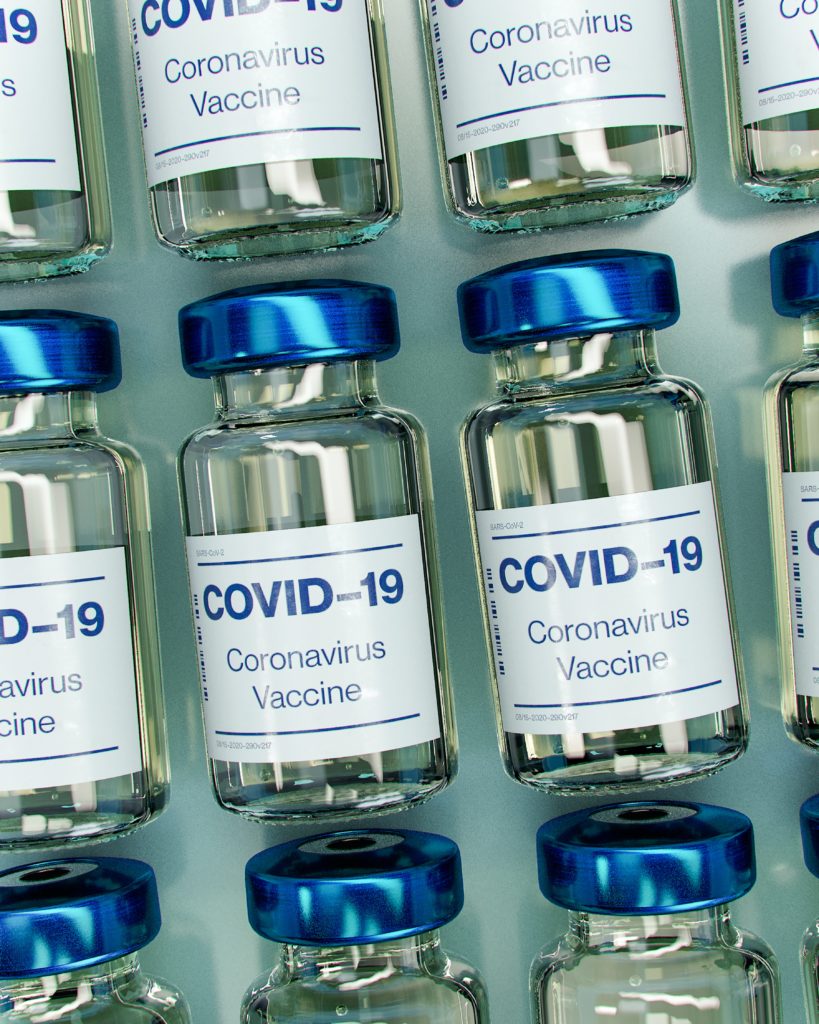
Blog
Disjointed State Vaccination Efforts Need Stronger Federal Hand
The next few weeks will be the most critical yet in controlling the spread of COVID-19. One of the greatest threats to getting this pandemic under control is the disjointed and, in many cases, inexplicable vaccine distribution in the states.
The consumer packaged goods (CPG) industry employs 1.7 million front-line essential workers, included in the Centers for Disease Control and Prevention (CDC) recommendation for Phase 1b of COVID-19 vaccine allocation. That designation was the result of months of experts — leaders in the medical field, from immunology to public health — thinking through what groups should be prioritized and in what order.
The CDC recommendation was intended to be a road map for states to implement vaccination distribution programs. Unfortunately, it’s not working out that way. Instead, states across the country are ignoring the federal road map and have created a patchwork of eligibility rules.
It doesn’t take much imagination to understand the consequences of ignoring CDC’s recommendation. We all saw it last spring, when store shelves were wiped clean of essentials, including cleaning and disinfecting products, hand sanitizer and soap, toilet paper, flour and baby care products.
The difference, however, is last spring’s chaos was driven by panic buying and the supply chain quickly recovered. Now, real shortages could surface if the most essential part of the supply chain — the industry’s workforce — is unable to perform its job.
We hear the stories every day. Consumer Brands member companies reported an average of 8% absenteeism, rivaling highs seen in the spring. Coupled with the extraordinary demand the industry has experienced since the start of the pandemic, up around 10% year-over-year, every worker is vital to the continued production of critical goods.
What the average absenteeism rate doesn’t reveal is the concentrated spikes that can — and have — shut down entire manufacturing facilities. When the supply chain grinds to a halt, that’s a threat to consumers who depend on our products every day, but also to hospitals, schools and other critical services that cannot function without them.
We need federal leadership to take a firmer hand. In little more than a week in office, President Biden has already shown his administration’s determination to end the pandemic. Consumer Brands shared five recommendations with the White House coronavirus response team. Chief among those is to provide federal incentives to state and local jurisdictions that adhere to CDC’s recommendations, which will go a long way in alleviating vaccine traffic jams that are resulting in deprioritizing essential groups.
Further, the administration can support states with a uniform system for identifying and registering eligible vaccine recipients and give clear projections about vaccine availability so employers can accurately register and facilitate the vaccination of front-line workers.
This is one of the most difficult undertakings we have experienced as a nation. While we will not be perfect, we must be as close to right as possible. The steps we take now will have a decisive impact on our wellness and livelihoods now and, importantly, could dictate how we respond to public health crises in the future.
There is no question that every American is worthy of getting this vaccine — and they will. But until everyone can be vaccinated, they need the support of our industry’s workers to make the products they need to stay home. And the industry’s front line needs this vaccine.
Published on February 3, 2021


